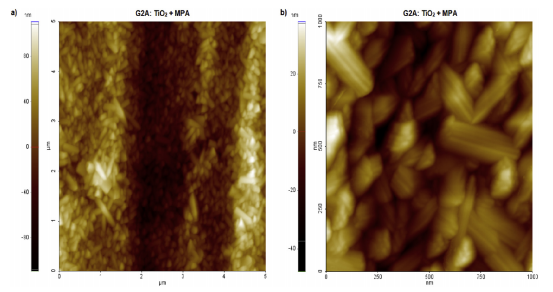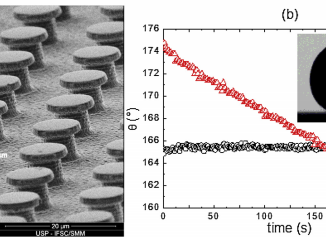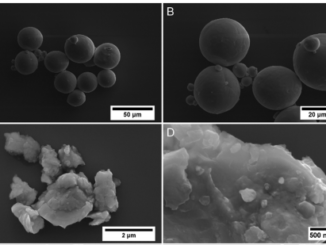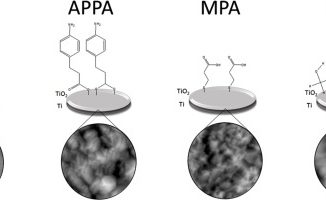
3-Mercaptopropionic acid functionalization of titanium dioxide thin films
Abstract: Nanostructured titanium dioxide (TiO2) films are commonly employed as surface modifiers on medical and dental metallic implants, presenting promising results related to interactions with living tissues, promoting improvements in the in vivo biocorrosion resistance and increased bioactivity when compared to non-coated metallic materials. In addition to these properties, titanium dioxide is also well recognized for its biocompatibility. However, considering the necessary integration with surrounding tissues when this oxide is applied as implant coatings, there are many aspects of the adhesion mechanisms located at the interface between the biological environment and the oxide surface that still need to be addressed. Specifically regarding the surface chemistry, these oxides are mainly terminated by hydroxyl groups (-OH) that are readily functionalized by different molecules, such as the 3-mercaptopropionic acid (MPA). In this contribution, X-ray photoelectron spectroscopy (XPS) and atomic force microscopy (AFM) were used to examine the adsorption of MPA on anatase-and rutile-phase forms of TiO2 thin film surfaces grown by RF magnetron sputtering. According to the obtained results, both anatase and rutile TiO2 films present similarities in roughness and thickness. However, different responses to interaction with the MPA molecules were observed, wherein the functionalization was seen to occur only for the rutile phase.
Author (s): Gomes, OP; Neto, NFA; Bronze-Uhle, ES; Trino, LD; dos Santos, CM; da Silva, JHD; Lisboa, PN
MATERIALS CHEMISTRY AND PHYSICS
Volume: 223 Pages: 32-38 Published: FEB 1 2019
PDF: 3-Mercaptopropionic acid functionalization of titanium dioxide thin films
DOI: 10.1016/j.matchemphys.2018.10.041




